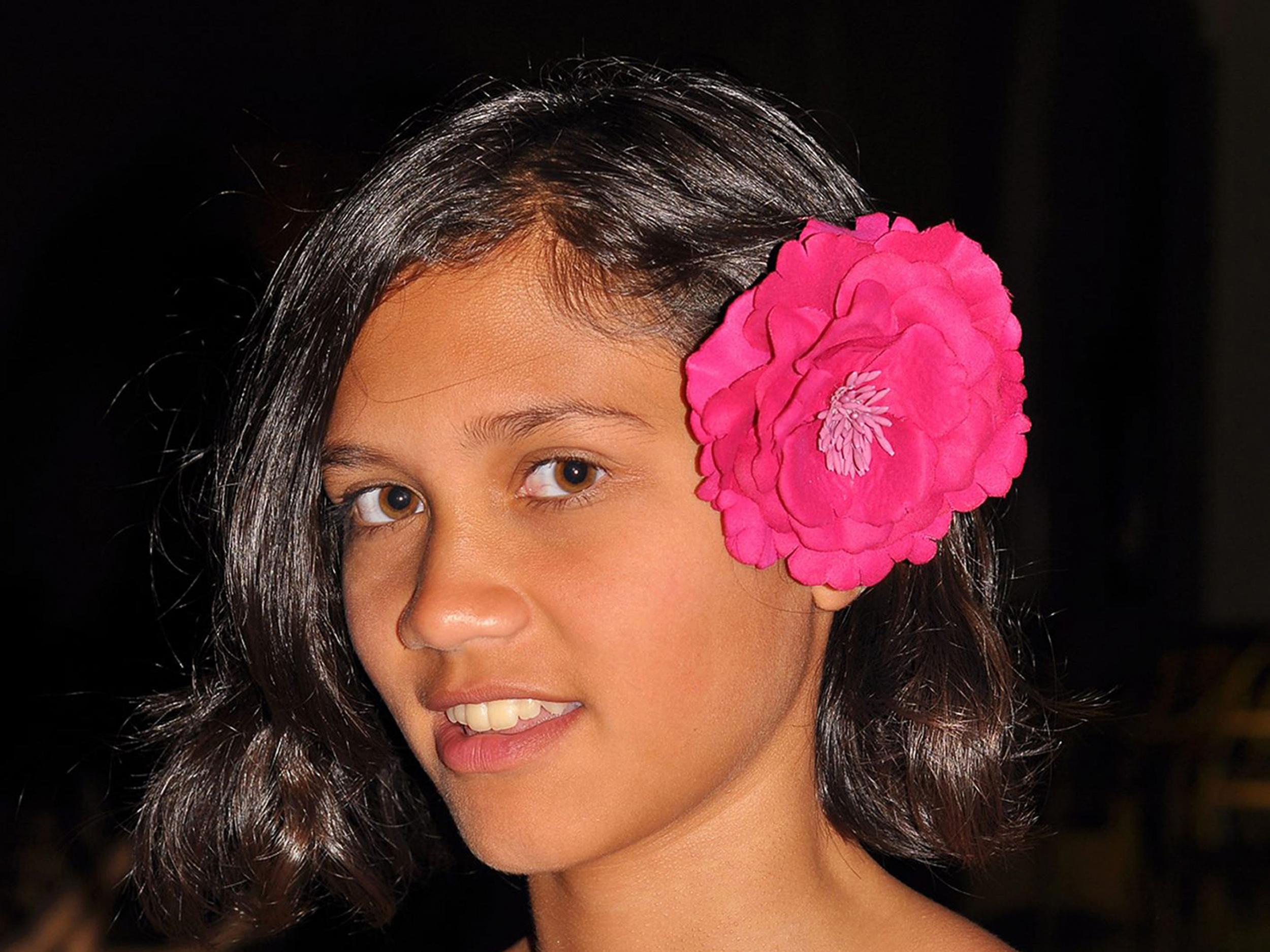Teenage girl who died of brain aneurysm saved record number of lives by donating organs
'Everyone wants their child to be special and unique and this among other things makes us very proud,' say parents

Your support helps us to tell the story
From reproductive rights to climate change to Big Tech, The Independent is on the ground when the story is developing. Whether it's investigating the financials of Elon Musk's pro-Trump PAC or producing our latest documentary, 'The A Word', which shines a light on the American women fighting for reproductive rights, we know how important it is to parse out the facts from the messaging.
At such a critical moment in US history, we need reporters on the ground. Your donation allows us to keep sending journalists to speak to both sides of the story.
The Independent is trusted by Americans across the entire political spectrum. And unlike many other quality news outlets, we choose not to lock Americans out of our reporting and analysis with paywalls. We believe quality journalism should be available to everyone, paid for by those who can afford it.
Your support makes all the difference.A 13-year-old girl who died of a brain aneurysm has saved a record number of lives through organ donation.
Jemima Layzell, who died in 2012, helped eight different people from across the country by donating her organs. NHS Blood and Transplant said no other donor had managed to save as many people.
While a typical donor enables between two and three transplants, she gave her heart, pancreas, lungs, kidneys, small bowel and liver, and managed to benefit five children in the process.
Her family has decided to share her incredible story with the world in the hope of encouraging others to sign up to the organ donor register during Organ Donation Week, which runs from 4 September to 10 September.
The teenage girl, who was from Horton in Somerset, collapsed while preparing for her mother’s 38th birthday and passed away four days later at Bristol Royal Hospital for Children.
Her mother, Sophy Layzell, a drama teacher, and her father, Harvey Layzell, who is managing director of a building firm, described their daughter as “clever, compassionate and creative” and said she would have been deeply proud of her legacy.
They said Jemima told them she wanted to use her body to help others if she were to die. The conversation arose after someone they knew died in a crash.
Ms Layzell told the BBC: “They were on the register but their organs couldn’t be donated because of the circumstances of their death.
“Jemima had never heard of organ donation before and found it a little bit unsettling but totally understood the importance of it.”
Nevertheless, the parents admitted they did find donating their daughter’s organs difficult but agreed it was the right thing to do.
“Everyone wants their child to be special and unique and this among other things makes us very proud,” Ms Layzell said.
“Shortly after Jemima died, we watched a programme about children awaiting heart transplants and being fitted with Berlin Hearts in Great Ormond Street Hospital.
“It affirmed for us that saying ‘no’ would have been denying eight other people the chance for life, especially over Jemima’s heart, which Harvey had felt uncomfortable about donating at the time.”
She added: “Every parent’s instinct is to say ‘no’, as we are programmed to protect our child. It’s only with prior knowledge of Jemima’s agreement that we were able to say yes.”
According to NHS Blood and Transplant, 457 people died while awaiting a transplant last year, including 14 children.
There are currently 6,414 people on the transplant waiting list, including 176 children.
Join our commenting forum
Join thought-provoking conversations, follow other Independent readers and see their replies
Comments